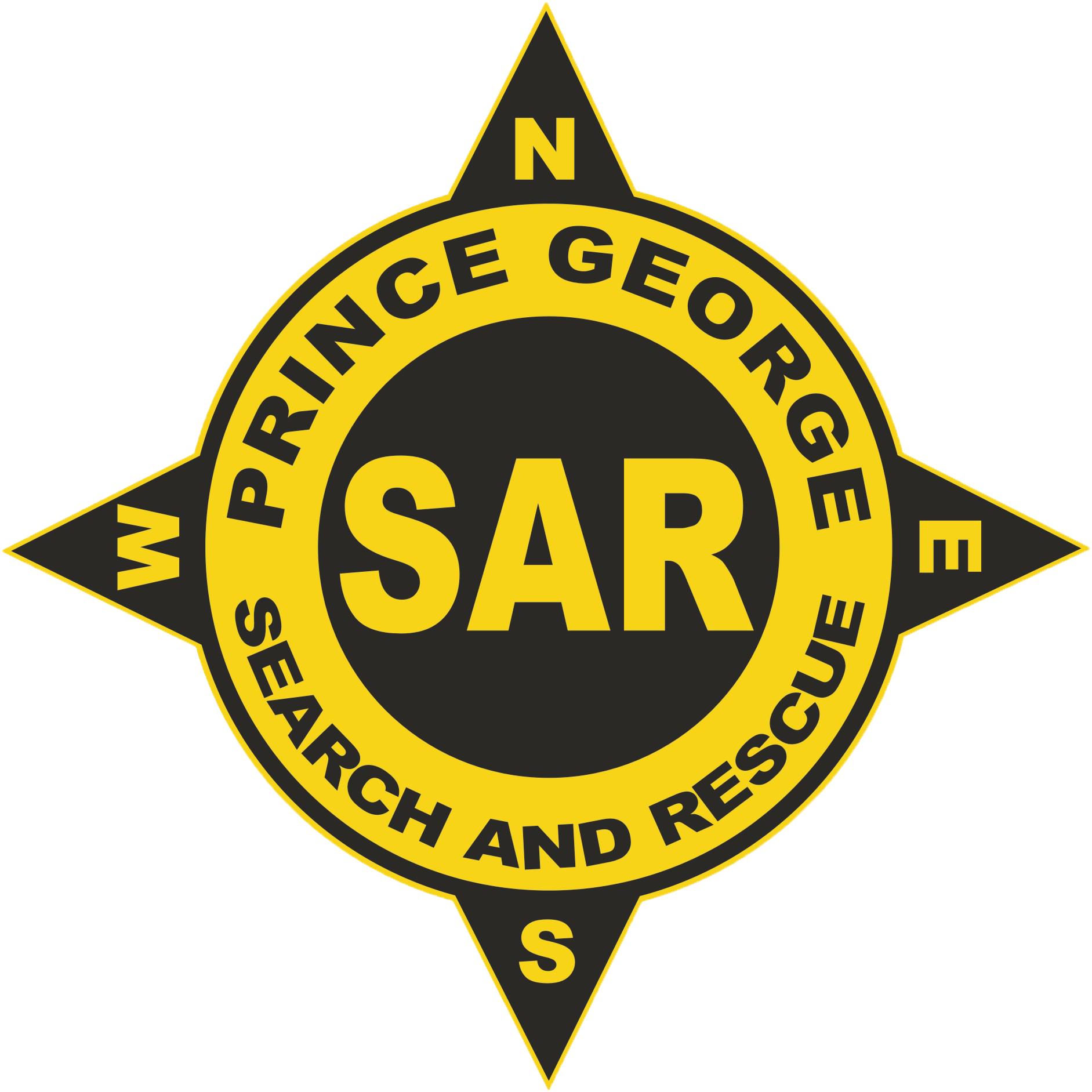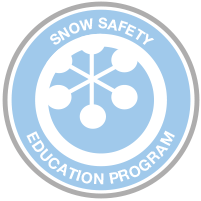Trip Planning
Whether you are heading out just for a dog walk for a few hours, or on
- How many in your party? Names, ages? Does anyone have health concerns?
- When do you expect to return? How much leeway should be allowed before the RCMP should be called?
- Will you park a vehicle at your starting point? Give make, model and license plate.
- Where do you plan to go? By what route? Will you return by the same route? Have you been there before? Also, a description of clothing and equipment can be helpful.
- Are you equipped with The Essentials?
To clarify, Prince George Search and Rescue cannot fill the role of the designated check-in person. Consider the use of a Spot Messenger or a Garmin In-Reach beacon for emergency messages to home via satellite.
For more information on trip planning, and a trip planning form, visit AdventureSmart.
When Someone Goes Missing
What to do if you’re lost
Stay put. Don’t move. There is a much greater chance of finding you if you stay in one spot. Moving around only increases the search area and now makes you a moving target, which is harder to track and find.
Try to stay warm and dry; being wet and cold is your biggest obstacle. You can survive for days without food and water, but staying dry and warm is critical. Build a shelter. Remove wet clothing. Light a fire if possible. The smoke and smell will help act as a signal.
If you hear a vehicle, whistle, or voices calling you, answer back but don’t try to follow or move toward the sound. Echoes can displace the sound from its true direction making you even more lost if you try to follow.
When to report someone missing
This isn’t like TV where they say you have to be missing for 24 hours to be missing. You’re missing when you’re not where you are supposed to be at a specific time. Pass on travel plans to family or a friend and stick to the plan. Return times are crucial. If you’re expecting someone back at a certain time and he or she misses that time, base your phone call for help on your own knowledge of the person and the trip he or she had planned. If you feel that the person would not likely miss a scheduled



